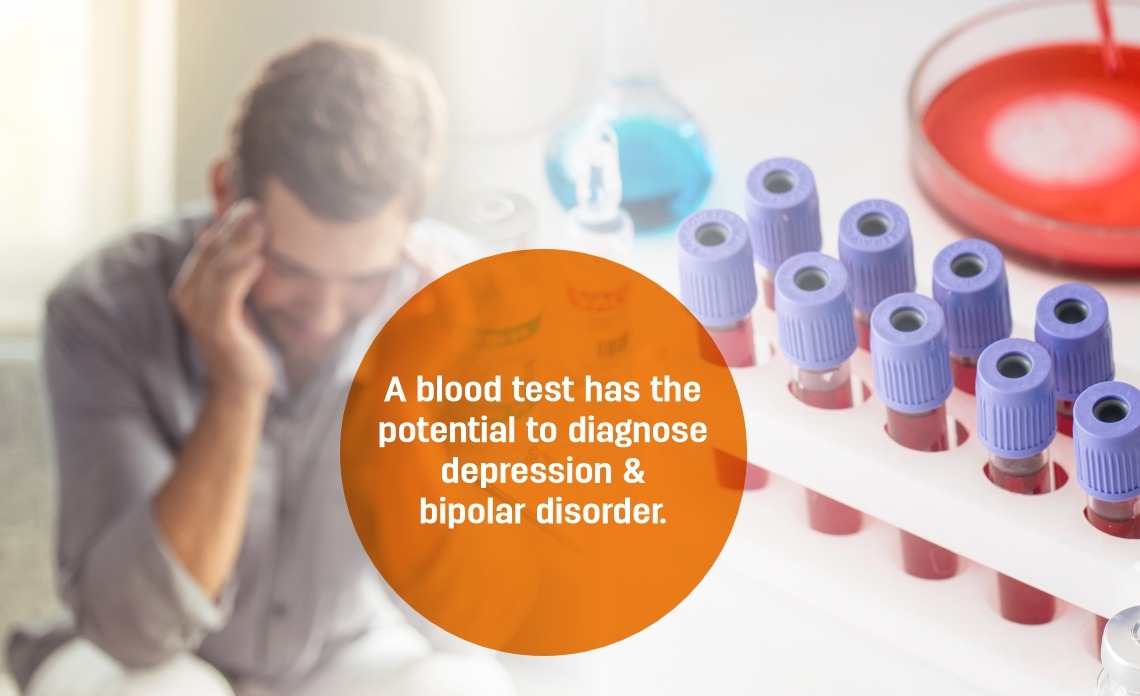|
|

A diagnostic blood test is a common pattern. Researchers in France have developed the first diagnostic blood test worldwide to distinguish unipolar depression from bipolar depression. Recent studies have offered new hope for a potential test to diagnose bipolar disorder according to the levels of a molecule in the blood. This research is promising for future developments, although clinical assessment will probably remain the cornerstone of diagnosis and treatment soon.
A new blood test may distinguish between the severity of a person's depression and their risk of serious depression in the future. The test also determines whether a person has a risk of developing bipolar disorder. The researchers claim that blood testing can also help tailor individual options to therapeutic interventions. This new blood test has the potential to support a clinical diagnosis of bipolar disorder. However, the diagnostic criteria are still the same. Depression is a common mental disorder. Globally, it is estimated that 5% of adults suffer from depression. Depression is a common illness worldwide, with an estimated 3.8% of the population affected, including 5.0% among adults and 5.7% among adults older than 60 years. Approximately 280 million people in the world have depression. Depression is different from usual mood fluctuations and short-lived emotional responses to challenges in everyday life.
Blood biomarkers are becoming important tools in disorders where subjective self-reporting of an individual or the clinical impression of a health care professional is not always reliable. These blood tests can open the door to accurate, individualized drug matching and objective monitoring of response to treatment. A blood test using RNA markers gives new hope to people suffering from mood disorders.
Blood testing of mBDNF levels can potentially help individuals with bipolar disorder and physicians get a proper diagnosis and effective treatment. As this research is in its early stages, clinical evaluation is likely to remain the basis for identifying and treating bipolar disorders at this time.
Blood tests as a basis for the diagnosis of bipolar disorder or depression are still in the early stage. However, promising research has been carried out in recent years.
For an accurate diagnosis, reach out to us at +91 (79) 4900 6800 or visit www.unipath.in for more information. Unipath specialty laboratory provides home sample collection also for your convenience.
Recent Posts